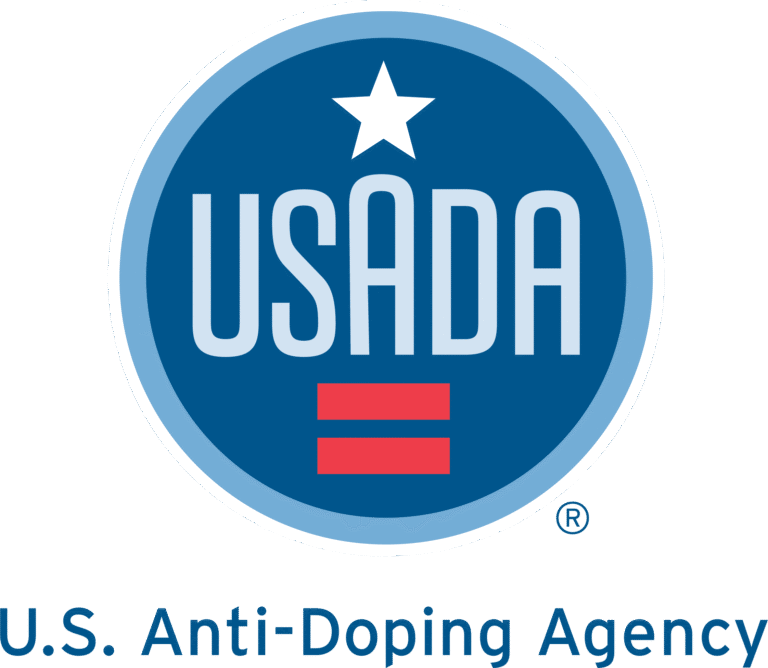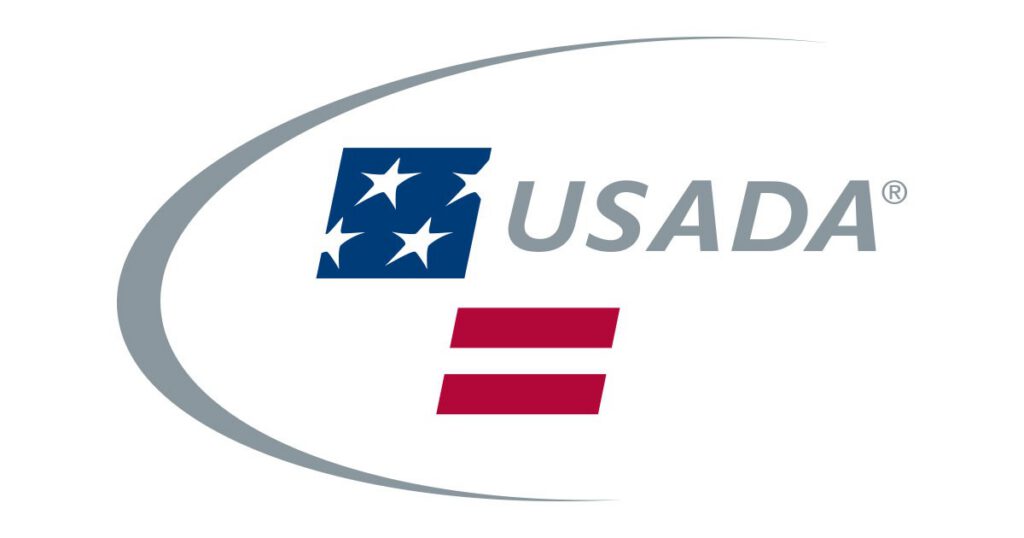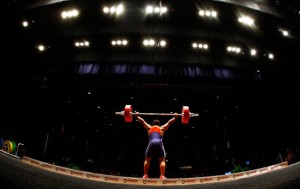 USADA announced today that its has withdrawn its charge that U.S. track and field athlete Christian Coleman committed a violation of the Whereabouts rules after receiving guidance from the World Anti-Doping Agency (WADA) on the interpretation of the current International Standard for Testing and Investigations (ISTI) concerning the date on which a failure to update an athlete’s changed Whereabouts information should be considered to have occurred. As a result of this interpretation, Coleman is not considered to have three Whereabouts Failures in a 12-month period and is not considered to have committed an anti-doping rule violation. Three Whereabouts Failures in a 12-month period is an anti-doping rule violation under Article 2.4 of the World Anti-Doping Code.
USADA announced today that its has withdrawn its charge that U.S. track and field athlete Christian Coleman committed a violation of the Whereabouts rules after receiving guidance from the World Anti-Doping Agency (WADA) on the interpretation of the current International Standard for Testing and Investigations (ISTI) concerning the date on which a failure to update an athlete’s changed Whereabouts information should be considered to have occurred. As a result of this interpretation, Coleman is not considered to have three Whereabouts Failures in a 12-month period and is not considered to have committed an anti-doping rule violation. Three Whereabouts Failures in a 12-month period is an anti-doping rule violation under Article 2.4 of the World Anti-Doping Code.
USADA recorded a Filing Failure for Coleman on June 6, 2018, when a DCO attempted to test Coleman and discovered that he had failed to update his Whereabouts filing to accurately reflect his location. Coleman was subsequently charged with Whereabouts Failures on January 16 and April 26, 2019. Based on these three failures, USADA initiated a case against Coleman for three Whereabouts Failures in a 12-month period.
However, based on a comment in the ISTI that states that Filing Failures relate back to the first day of the quarter, Coleman contended that his failure to update that was discovered on June 6, 2018, should relate back to April 1, 2018, which would be more than 12 months prior to Coleman’s most recent Whereabouts Failure on April 26, 2019. As a result, USADA consulted with WADA to receive an official interpretation of the relevant comment in the ISTI. This interpretation was received on Friday, August 30, 2019, and stated that the Filing Failure which USADA had recorded in June 2018 should relate back to April 1, 2018, the first day of the quarter in which the failure to update occurred.
Given these facts, USADA has determined that under the applicable rules, and in order to ensure that Coleman is treated consistently with other athletes under the World Anti-Doping Code, Coleman should not be considered to have three Whereabouts Failures in a 12-month period. Accordingly, USADA has withdrawn its charge that Coleman committed an anti-doping rule violation and has so notified WADA and the Athletics Integrity Unit (AIU) of the International Association of Athletics Federations (IAAF).
USADA has determined that the hearing is no longer necessary, and Coleman is permitted to compete immediately. However, under the applicable rules, USADA’s decision not to move forward on a potential rule violation against Coleman is subject to appeal by the IAAF and/or WADA.
In 2018-19, Coleman has provided his Whereabouts information by the start of each quarter and has been tested by USADA on 20 separate occasions.
“Consistent application of the global anti-doping rules is essential in every case,” said USADA CEO Travis T. Tygart. “In this case, we applied the rules to Mr. Coleman in the manner that USADA understands should be applied to any other international-level athlete. We must approach every case with the primary goal of delivering fairness to athletes under the rules and providing transparency and consistency in order to build their trust and support for the anti-doping system.”
“Every athlete is entitled to a presumption of innocence until their case is concluded through the established legal process. This is certainly the case for Mr. Coleman, who has been found by USADA not to have committed a Whereabouts violation and is fully eligible to compete under the rules,” said Tygart.
Along with education and testing, robust anti-doping programs enable investigations stemming from tips and whistleblowers. USADA makes available a number of ways to report the abuse of performance-enhancing drugs in sport in an effort to protect clean athletes and promote clean competition. Any tip can be reported using the USADA Play Clean Tip Center, by email at playclean@usada.org, by phone at 1-877-Play Clean (1-877-752-9253) or by mail.
USADA is responsible for the testing and results management process for athletes in the U.S. Olympic and Paralympic Movement and is equally dedicated to preserving the integrity of sport through research initiatives and educational programs.
For more information or media inquiries, click here.








